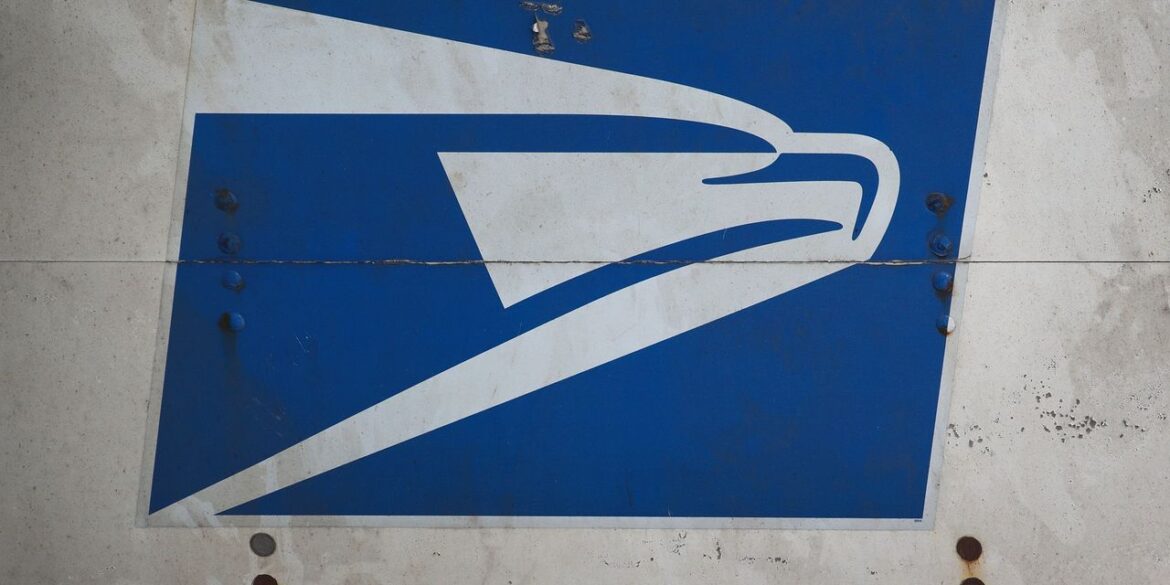The U.S. Postal Service has issued a new warning: be careful when mailing checks.
The USPS reported a recent surge in attacks on letter carriers and mail fraud, stating that 305 mail carriers were robbed in the first half of fiscal-year 2023, compared with 412 last year. Many of the USPS’s thefts occurred when mail was taken from its flagship blue collection boxes — a recent series of thefts in Wisconsin led to more than 900 stolen checks.
“As crime rises, so do the threats against our public servants,” said Postmaster General and Chief Executive Officer Louis DeJoy. “The men and women of the Postal Service are walking our nation’s streets every day to fulfil our mission of delivering mail and packages to the American people. Every Postal employee deserves to work in safety and to be free from targeting by criminals seeking to access the public’s mail.”
In response, the USPS is adding more than 12,000 high security blue collection boxes nationwide, as well as replacing 49,000 electronic locks for their Arrow and Modified Arrow Lock (MAL) Keys, which some robberies have targeted with the intent to steal mail.
See also: U.S. consumer confidence leaps to 17-month high on waning inflation and fewer recession worries
One of the most common types of check fraud is what’s known as “check washing,” where a criminal steals the check from the mail and proceeds to change the payee’s name on the check and, additionally, the amount of money. This process sometimes involves using chemicals to erase the original payee’s name on the check.
Stealing mail is a federal crime and could lead to up to five years in prison. Additionally, altering checks can be a felony charge if it’s over a certain amount, but it depends which state the crime occurs in. Postal Inspectors retrieve over $1 billion in counterfeit checks and money orders every year.
Banks issued roughly 680,000 reports of check fraud to the Financial Crimes Enforcement Network, also known as FinCEN, last year. That’s up from 350,000 reports in 2021. Meanwhile the U.S. Postal Inspection Service reported roughly 300,000 complaints of mail theft in 2021, more than double the prior year’s total.
Over the past few decades, check usage in the U.S. has declined as many Americans have opted to pay for services via a money transfer or with a debit or credit card. Americans wrote roughly 3.4 billion checks in 2022, down from nearly 19 billion checks in 1990, according to the Federal Reserve.
See also: ‘This is a game changer’: Ahead of Amazon Prime Day, a new law makes it harder for online sellers to hawk fake or stolen products
What should people do to further protect themselves against check fraud? Multiple experts say just go straight to the post office.
“If you are choosing to mail a check, it is always recommended that you use a secure mail drop such as inside a post office versus an unsecured public-facing mailbox,” Caitlin Driscoll of the Better Business Bureau told CBS Pittsburgh.
“If you need to mail a check, do not put a check in your residential mailbox and raise the flag to notify the postman. Drop off checks inside a post office if you have to,” Todd Robertson with Argo Data, a financial data provider, told the AP.
From the archives (January 2023): More than half of Americans who make $100,000 say they live paycheck to paycheck, survey says
Here are other things the USPS said last month that customers can do to protect themselves against mail fraud:
- Don’t let incoming or outgoing mail sit in your mailbox. You can significantly reduce the chance of being victimized by simply removing your mail from your mailbox every day.
- Sign up for Informed Delivery and get daily digest emails that preview your mail and packages scheduled to arrive soon.
- Become involved and engaged in your neighborhood via neighborhood watches and local social media groups to spread awareness and share information.
- Keep an eye out for your letter carrier. If you see something that looks suspicious, or you see someone following your carrier, call 911.
Read on: ‘SIM swap’ scams swiped $68 million in 2021— here’s how to protect yourself
